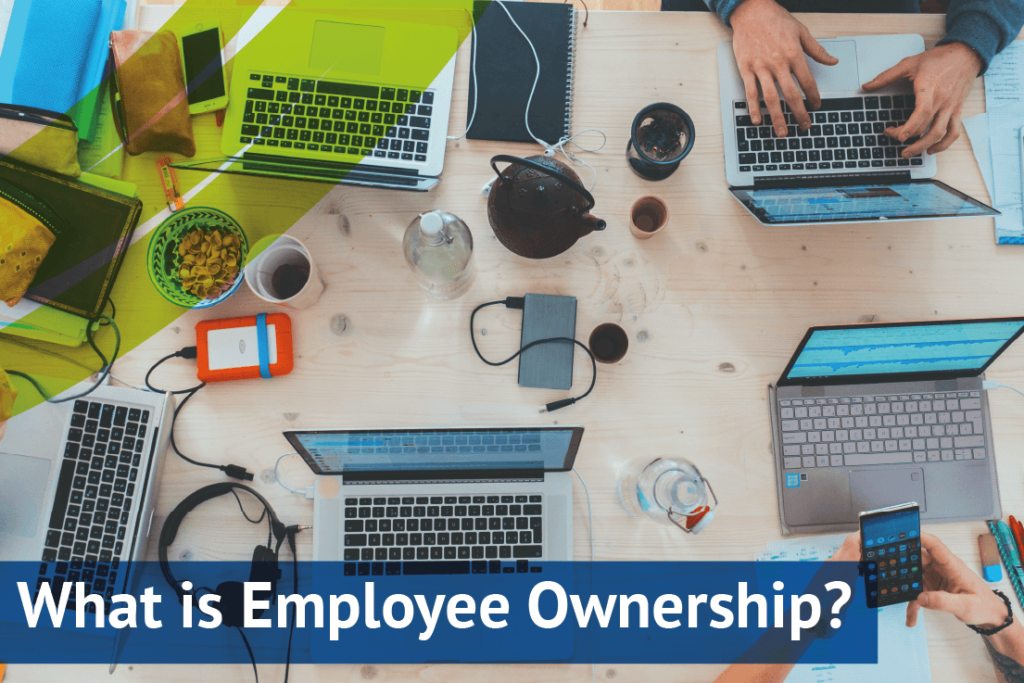Employee Ownership
5th August 2021
What is Employee Ownership?
Employee ownership is the selling of shares of a business to an employee ownership trust or scheme. This allows employees to have a ‘significant and meaningful’ stake in the business both finically and strategically.
In turn, this improves employee relations and has also been claimed to improve productivity. Additionally, businesses that have employee ownership tend to outperform the market during an economic downturn.
Types of Employee Ownership
There are three forms the business scheme:
- Direct employee ownership
- Indirect employee ownership
- Combined direct and indirect ownership
Direct employee ownership:
Direct Employee ownership uses a tax-advantaged share plan or scheme to enable employees to become registered shareholders. This is for the majority of the shares in the business. In the situation that the business is being sold for succession, for example, capital is needed to bridge the purchasing gap. Employees are encouraged to purchase shares through a tax-friendly incentive to equal the difference. Direct ownership is most effective when previous shareholders wish to be paid immediately and are looking to sell the company for full market value.
Indirect share ownership:
This option involves setting up a trust for the company, which holds shares on behalf of the employees. This option of employee ownership involves two options: Employee benefit trust and employee ownership trust. Employee benefit trust is effective if you want to motivate your employees and reward them with cash bonuses. The EBT is discretionary in nature and is established by an employer for current and even former employees.
Which one is most effective?
Indirect employee ownership can be useful in a situation where buying shares in the business can motivate employees, especially when the business is going well. Contrastingly, direct ownership can often be bothered by the need to use reserves to buy shares from employees who are leaving. However, with an indirectly owned business, you can reinvest profits back into the business.
When is it appropriate and who is employee ownership best for?
Employee ownership is appropriate in the following situations
- Succession
- New enterprises
- Growing business
- Rescuing a business
- Outsourcing of public services
This type of scheme suits some business types more than others depending on how the business operates and the age of the company. For example, it works very well for a private equity model as it is most likely to be profit-focused post-sale, so this works well for cash flow. Typical commercial business and social enterprises can apply and tend to be easier for businesses limited by shares. This is due to the change of legal form to employee ownership.
What are the benefits?
Employee ownership is often cited for being good for generating cash for the business. This is somewhat true due to the free capital gains tax available when shares are sold for full market value. This occurs in a tax return for a sole trader or partner, a stand-alone claim to access the relief can be made. It must specify the business name and time period, the amount, and how the loss is used.
Talk to the experts
If you have questions about employee ownership and how it could benefit your business, please don’t hesitate to get in touch with our Tyne and Wear-based team.
All information correct at time of going to print/live and on the best knowledge and understanding of the author at the time. This article is for general information only and does not constitute financial advice or recommendations for individual circumstances. No responsibility is taken for any actions taken on the base of the information within this article.





